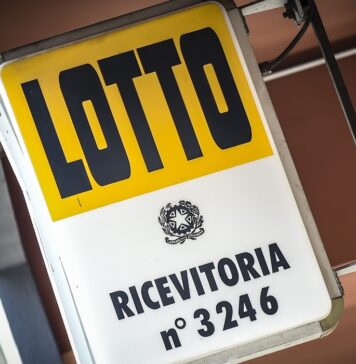
(Jamma) A text of law to prevent tax evasion and criminal infiltration and increase transparency in the corporate management of gaming and betting sector activities is what the MP Walter Verini intends to do through the proposal presented these days in the House.
In article 1 of the bill which in the previous legislature was presented as the first signatory, by the Honorable Jean Leonard Touadi, the use of the employees of the Autonomous Administration of State Monopolies (AAMS) and of the Police Forces for the purpose of acquiring elements of evidence in relation to the violation of rules on public gaming. Article 2 provides joint and several liability for: legal representatives, directors, even de facto, and partners of joint stock companies with fewer than four partners, limited liability companies and partnerships.
An administrative fine from 100.000 to 200.000 euros is introduced for persons who, for whatever reason, implement or promote information and advertising campaigns in Italy in favor of foreign persons who collect gaming in Italy and for those who carry out gaming activities in the area on behalf of gaming operators not authorized by the AAMS.
The provision introduces a pecuniary sanction against the player, in proportion to the amount played over the Internet at gaming operators not authorized to collect in Italy. In the event that the player feeds gaming accounts held by unauthorized operators, the same is punished not only with the sanction related to the amount played, but also with a fine equal to double the sums transferred to the gaming account. Furthermore, the system of sanctions, provided for by article 110, paragraph 9, of the consolidated text of public safety laws (TULPS), pursuant to the royal decree of 18 June 1931, n. 773, on the subject of gaming machines with cash prizes, increasing the sanctions for anyone who favors the availability on the market or allows players access to gaming machines with cash prizes, which do not comply with the characteristics and requirements indicated in paragraphs 6 and 7 of article 110 of the TULPS. Article 6 affirms a principle of general validity according to which companies operating in the gaming sector, in order to obtain and maintain the relative licenses, must disclose the identity of the effective owners of the shares. There is an obligation for fiduciary companies and trusts that hold, even indirectly, shares in the capital or assets of public gaming concessionaires, to declare the identity of the principal. The obligation is also extended to investment funds, for which the obligation is limited to persons who hold a share of more than 5 per cent of the related assets. Participation in public procedures relating to gaming by participating parties, even indirectly, through trust companies, trusts or funds that do not declare the identity of the principal is also prohibited.










